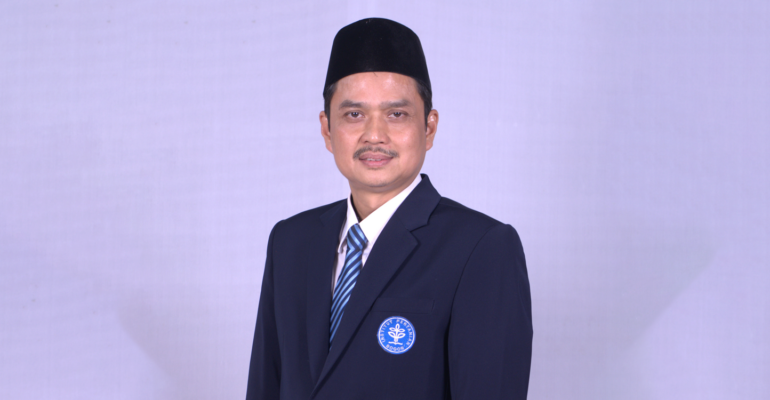Lecturer in Economics at IPB University: Qurbani is Not Only a Tradition, but also an Economic Driver

Qurbani as part of the Eid al-Adha celebration has become a deep-rooted tradition in Indonesian society, especially for those who are Muslims. But in fact, qurbani is not only an annual tradition, but also a driver of economic growth.
Lecturer at the Faculty of Economics and Management (FEM) IPB University, Dr Alla Asmara, said that apart from being a recommended act of worship (sunah muaqad), qurbani also has the potential to improve people’s welfare. Qurbani activities will increase public demand for sacrificial animals.
The increase in demand, he said, will usually be matched by supply, which will directly increase the market for farmers. Moreover, the majority of farmers in Indonesia are small-scale farmers.
“Cattle, sheep and goat farming is currently dominated by smallholder farms. This means that the increased demand for livestock will have implications for the income of smallholder farmers. We hope it can improve the economic welfare of farmer households,” he explained.
Furthermore, he also said that the increase in demand was also felt in various other sectors, one of which was for the feed industry. “Demand for other production inputs also tends to increase, that is on the upstream side,” said Dr Alla who is also Vice Chairman of the Business Management Agency, Investment, Sustainable Funds (BP Biswaf) IPB University.
As for the economic impact on the downstream side, Dr Alla explained, “Our households will usually consume a lot of meat in the Eid period, thus driving an increase in demand for related food ingredients/seasonings. This can also push up prices when the increase in demand is much higher than the availability of supply. The transportation sector related to the mobility of sacrificial animals will also tend to increase”
With the huge economic potential that can be provided through qurbani activities, Dr Alla said that the role of the government is needed. According to him, the government needs to create a conducive livestock business climate so that farmers have the incentive to continue producing more efficiently.
Apart from the economic impact, Dr Alla also highlighted the social side of qurbani. Qurbani meat is usually distributed to eligible households who are generally underprivileged. This will certainly provide additional availability of nutritious food because the qurbani animals have been ensured of their health.
“This proves that not only is qurbani directly related to habluminallah, but its dimension is also related to habluminannas because of its connection to the social aspects of society. By performing qurbani, we are obeying Allah and giving social benefits,” he said.
“Qurbani has become one of the routine moments that stimulates the development of the livestock sector because it has a clear market, in this case the annual activity that will always exist, namely Eid al-Adha. With the increasing level of people’s income, the demand for livestock including livestock products will also increase so that it will boost the local economy, regional economy to the national economy,” concluded Dr Alla. (Lintang/Rz) (IAAS/Ard)



